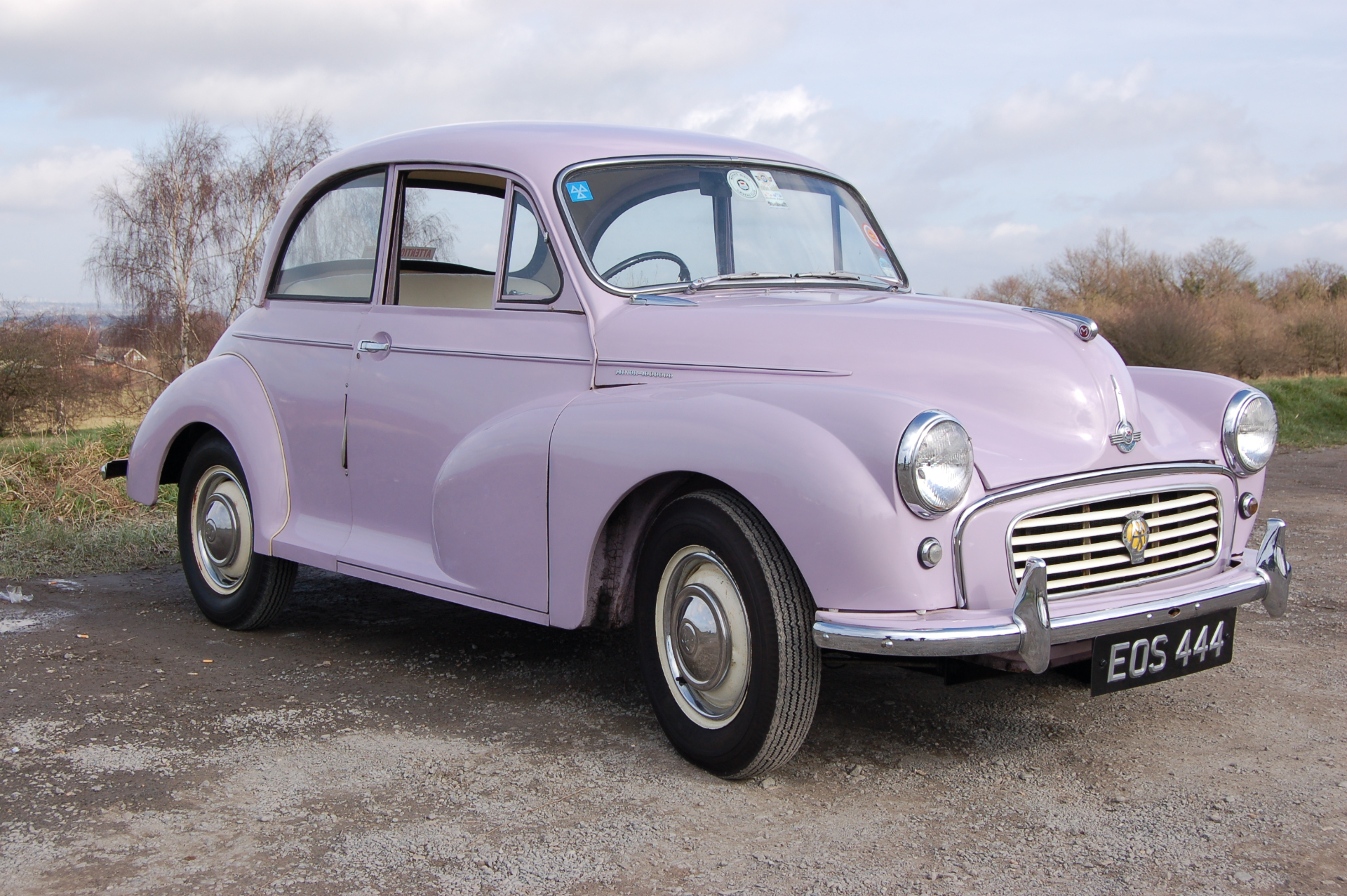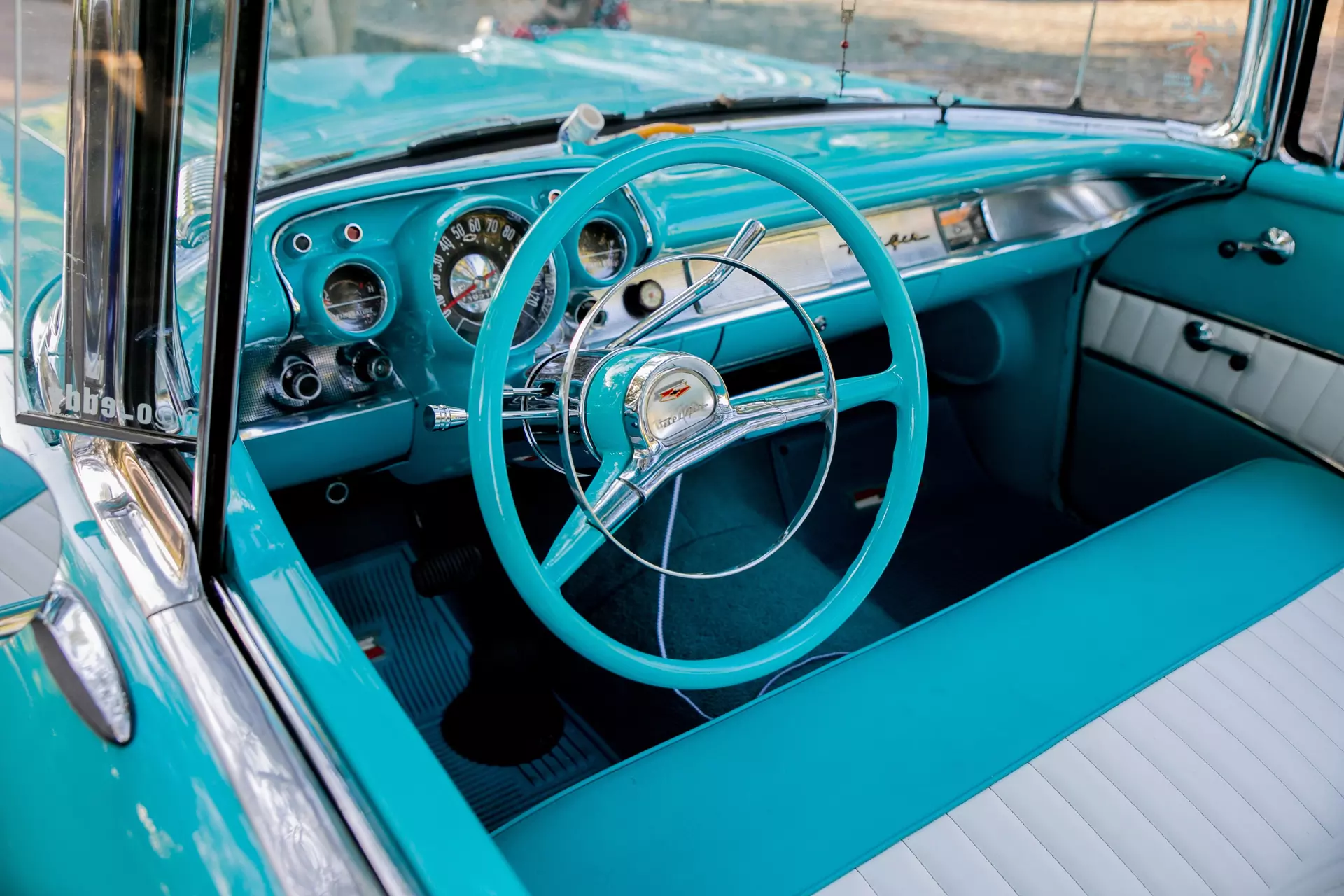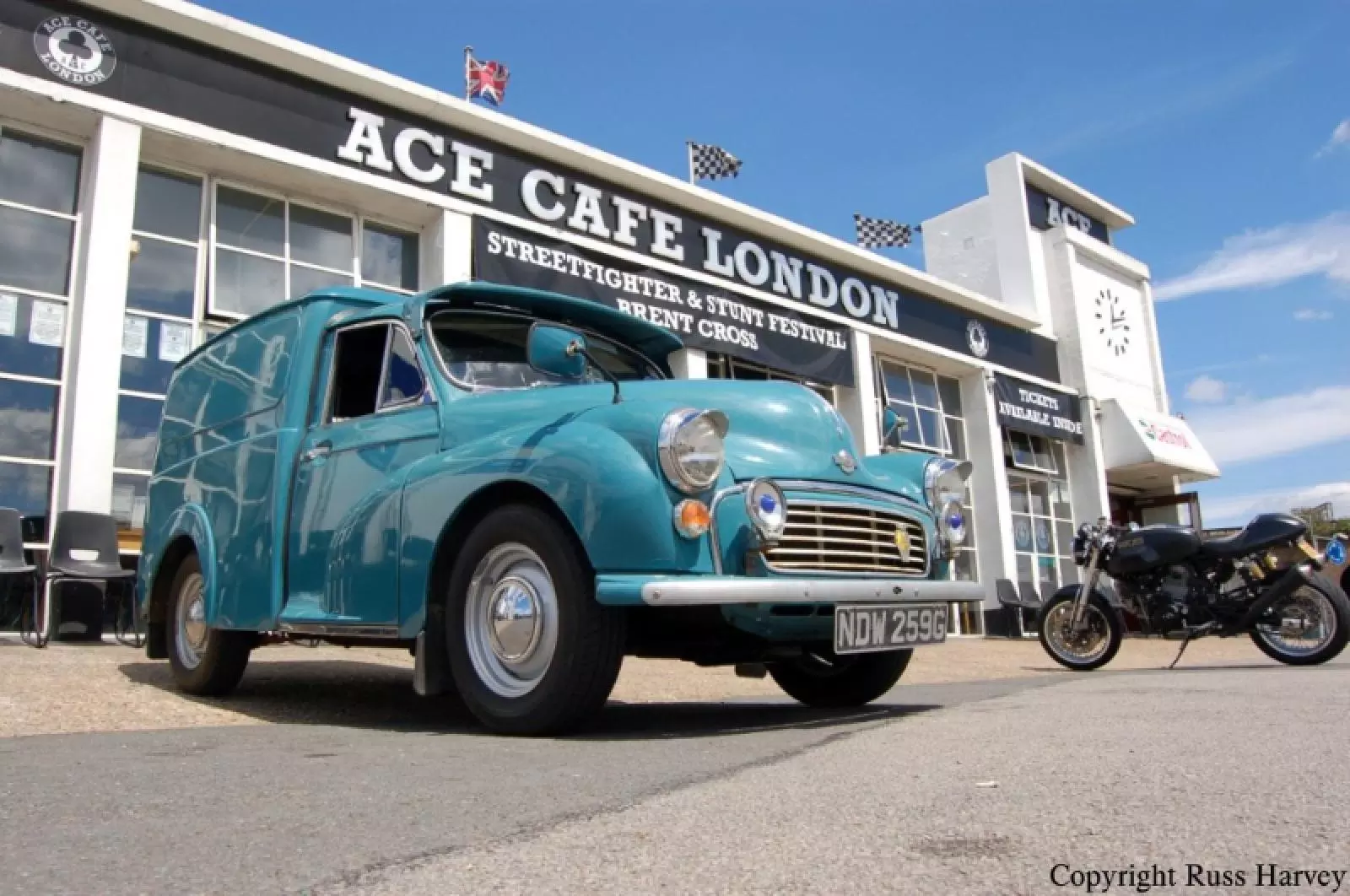What are the most important vehicle spare parts for Morris Minor restoration? We look at common replacement parts and why spare parts maintenance is important.
Why is vehicle spare parts maintenance important?
Performing regular maintenance on your classic or modern car is the best way to reduce the chances of a serious breakdown and extend the lifespan of your vehicle. Proper maintenance focuses on the components of Morris Minors that are most likely to suffer damage. This is why regular services by professional mechanics are so important, as they know which parts of your car to check for said damage.
Another benefit of taking your car for regular servicing is the opportunity to discover and diagnose potential issues before they cause serious damage. This can also help you save money, as arranging preventative maintenance is far cheaper than all-out car repairs.
Therefore, by conducting proper maintenance on your vehicle, from the steering wheel to more essential car parts, you aren't only guaranteeing your safety but also looking after your wallet.
However, there will come a time when maintenance and repairs aren't enough. Some components of your car will eventually have to be replaced, given their age and years of use. This is where vehicle spare parts come in.
They are essentially divided into two categories: consumable spares and repairable spares. This is another essential part of car maintenance, as you need to know which components are consumable and, therefore, which ones need to be regularly replaced since they cannot be repaired.
Common Replacement Parts for Classic Car Restoration
Restoring and preserving classic cars, whether beautiful Italian sports cars, the first British car with rear disk brakes and telescoping shock absorbers or instantly-recognisable family cars from previous decades, can sometimes be a difficult process.
Knowing what elements of these cars you need to maintain puts you in the best place to plan and budget your restoration effectively. Here we have listed some of the most commonly replaced items for classic cars in the hope it will give you a better idea of the costs and time required to restore your classic vehicle properly.
Engine
If your classic car has been malingering in someone's garage or, at worst, out in the open, then the engine is the first place you'll want to start. Finding a good classic vehicle with a sound and working engine is incredibly rare.
Some of the quickest ways to determine the state of an engine are to check the radiator for signs of oil, external leaks around the freeze plugs and gaskets and look for antifreeze in the oil pan.
If you notice any of these around the engine, it's likely that the block is cracked, potentially from a blown head gasket, meaning you need to replace the entire engine.

Transmission
If your classic car of choice has a manual transmission, you'll want to add the costs for a new clutch to your restoration budget. If the engine turns and you can drive the car (not that it will be road-ready just yet), try the gears to see if you can move it forward and reverse. If your classic car doesn't budge, you'll need a new transmission and gearbox.
However, even if it does move, check that the transmission isn't slipping or taking too long to engage the gears. If there's an audible clunking noise when you go into or out of gear, you smell burning, or there's a noticeable whining noise when you speed up, you'll likely need to replace the transmission.
Bodywork
Most restoration projects will require at least some body replacements. You can use body putty to fill in the odd patch or hole or panel beating to remedy any dents, but it really is an art to create a seamless appearance once a coat of paint is applied. Additionally, suppose you plan to sell your classic car restoration once finished.
In that case, experienced buyers and customers will look for signs of body putty and destroy whatever price you listed the car for. Repainting a classic car is also an art form in itself, and if you want it to look right, you need to seriously take your time using one pack or two pack paint or take it to a dedicated paint shop.
Interiors
Replacing seat covers, headliners, or door panels is relatively easy nowadays, given the range of restoration and new parts specialists or custom makers who can craft whatever you like.
If you want to take the custom route, it's often best to leave the leather upholstery, accessories, trim and interiors as they are on the frames in their original condition.
Your custom maker will need to see how the original material fits, where all the electronics and wires go, how the covers are removed and how they need to go back on correctly.

Car Oil
Engine oil is crucial for lubrication, which is essential for the smooth running of any vehicle, classic or otherwise. Car engines contain hundreds of moving parts made from metal, meaning they would quickly flay each other to pieces without engine oil to lubricate them.
In the worst-case scenario, the friction between the unlubricated mechanical components of your engine can seize up, locking the engine entirely. However, not every engine is the same, with different sizes requiring different amounts of oil. Therefore, it's best to familiarise yourself with how much oil your classic engine needs during restoration (ideally beforehand).
Water Pump
Water pumps are another crucial engine component that ensures the smooth running of your classic vehicle. They provide coolant to the radiator, hoses, cylinder head and block to maintain an optimum engine temperature when driving. They are essentially the heart of your engine's cooling system.
Ineffective water pumps can lead to overheating, which is another serious threat to the health of your engine. Whether this is due to mismatched tolerances or sub-par materials, your water pumps may be faulty in many ways. Therefore, once they become damaged or ineffective, you must replace them as soon as possible with high-quality replacements that meet your car's requirements.
Tyres
Tyres are one of the most common consumable spare parts on any car. Since they are constantly in contact with the road while driving, they naturally degrade over time. If your tyres are completely bald with no tread, you must replace them.
Without sufficient tread depth, your tyres won't grip the road surface adequately, which puts you and other road users at risk, especially during wintry conditions. So, to reduce the risk of accidents, always ensure your classic car has the right tyres for your driving conditions.

Car Filters
There are four main types of filters that every car needs: two air filters (one for the engine and one for the cabin), an oil filter and a fuel filter. The purpose of these filters is to allow the smooth flow of air, oil and fuel through your car while catching impurities.
You should only replace these filters with approved or original Morris Minor parts for your classic car models. Incompatible replacements will not perform properly and will fail more quickly. Additionally, don't forget to replace the oil along with the filters too.
Timing Belt
Timing belts are often neglected when it comes to car maintenance, despite their essential role in the running of your vehicle. You might also hear them referred to as "cambelts", and they connect the crankshaft in the engine to the camshaft.
Your timing belt is vital for the synchronised opening and closing of your engine valves, and when they fail, they can lead to damaged pistons and engine valves, causing serious engine failure. Therefore, it's always best to keep a wary eye on the condition of your timing belts and regularly replace them according to your maintenance schedule.
Battery
Another crucial component of your classic car is the battery providing a quick jolt of power to start the engine. You can usually identify it under the bonnet with (+) and (-) symbols printed on it.
If your classic car has been sitting still for many years, it's likely suffered from low charge and acid stratification - two of the most common causes of battery failure. The alternator is another component to check, as this keeps your battery charged while the engine is turning.

For a complete range of Morris Minor Spare Parts, Andrew Eggleton has been providing Morris Minor spare parts for over 30 years. Contact Morris Minor Parts today on (+44) 01225 868 799 for more information.


